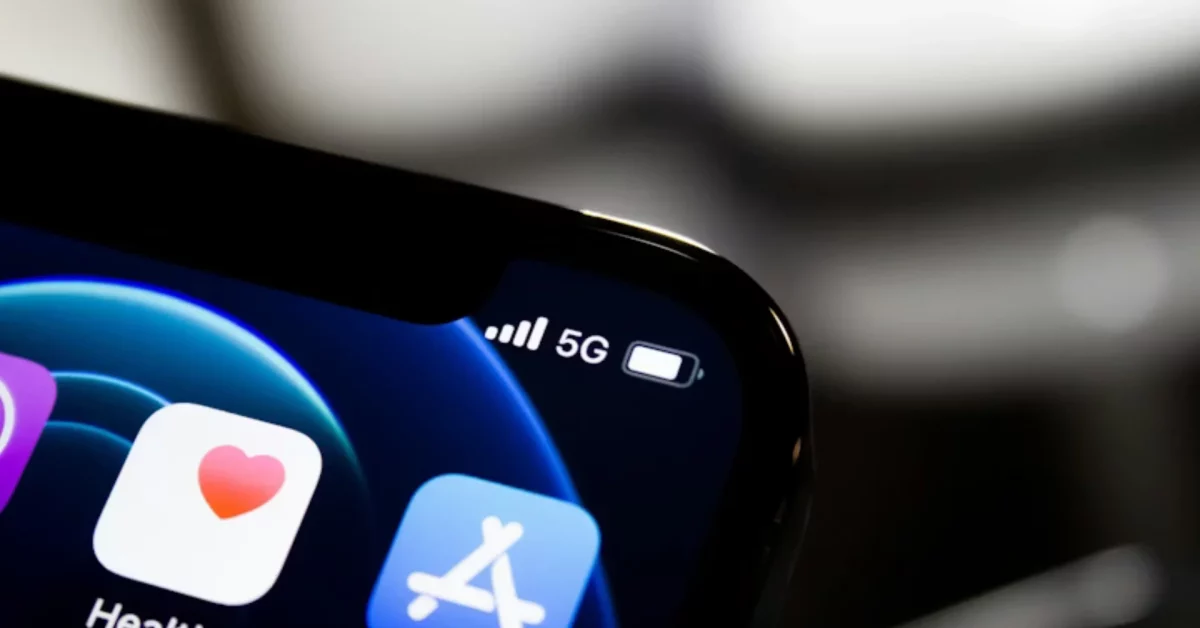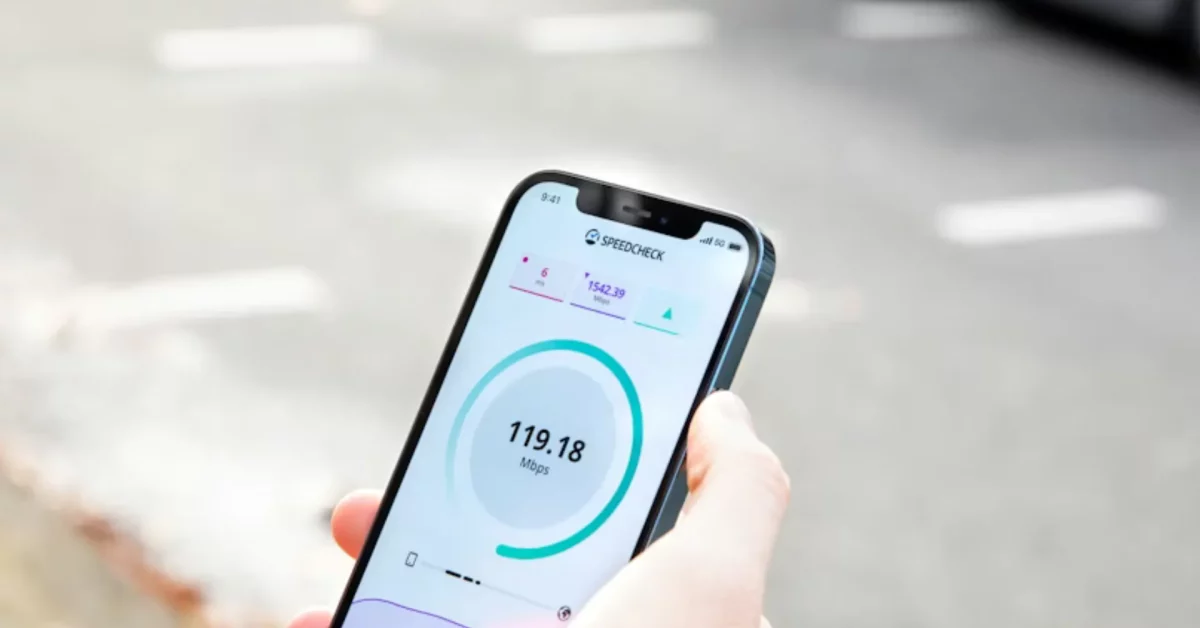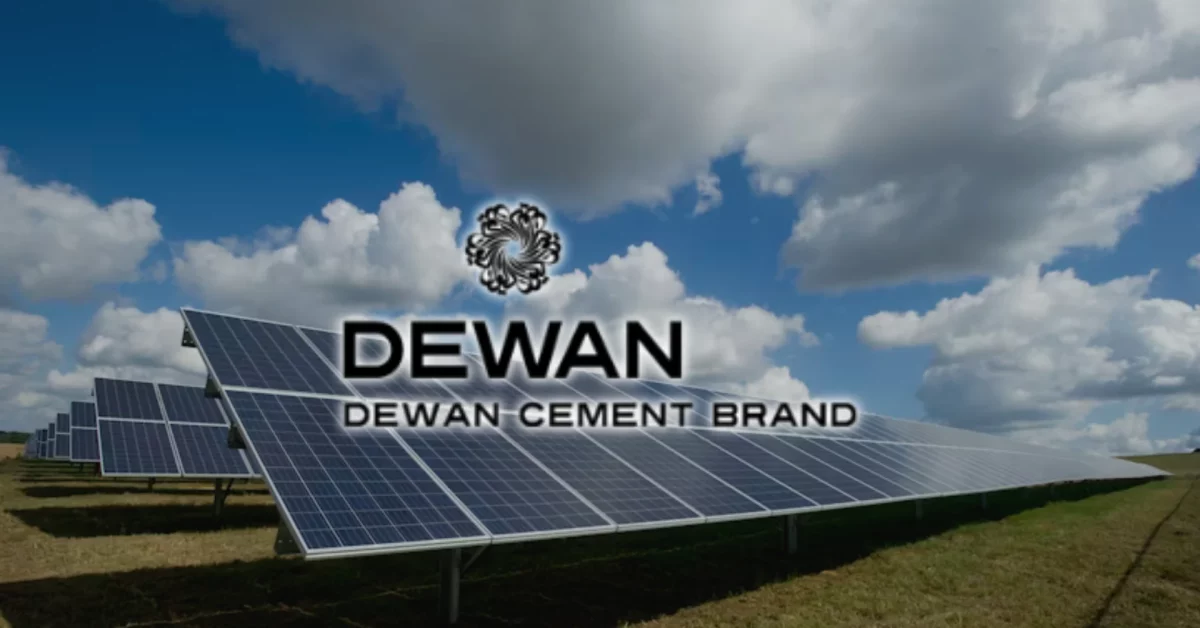
Pakistan Seeks AI Partnership With United States
November 17, 2025
US EXIM Commits Billions to Strengthen Global Energy
November 25, 2025Pakistan Plans Cyber Authority and Pushes 5G Rollout
Pakistan is gearing up for a dual digital upgrade: a federal Cybersecurity Authority to shield national systems, and a 5G launch in 2026 to turbocharge connectivity. With policies underway, regulators urging tax cuts, and critical institutions mapped out, the government is juggling defence and development in the digital domain—one to keep hackers out, the other to bring high-speed tech in.
Read more: Pakistan to Announce 5G Spectrum Policy Soon
Pakistan is preparing for a major digital leap as the government simultaneously works on establishing a federal Cybersecurity Authority and gearing up for a nationwide 5G rollout in 2026. Officials say the new authority will serve as the country’s “digital shield,” steering cybersecurity standards, safeguarding critical systems, and coordinating national response efforts. The Ministry of IT and Telecommunication Pakistan confirmed progress on the Pakistan Information Security Framework 2025, along with a draft Cybersecurity Act currently circulating among stakeholders for review.
Government documents show that NADRA, the Federal Board of Revenue, and telecom operators have already been labelled as critical digital infrastructure, with Immigration and Passports systems next in line. Until the new authority is up and running, the CERT Council—comprising 14 public and private bodies—will keep handling cyber incidents.
Meanwhile, the Pakistan Telecommunication Authority has reminded the government that launching 5G requires more than ambition—it requires cheaper devices. With fewer than five percent of phones in Pakistan currently 5G-ready, the regulator has urged tax cuts on telecom components to make upgrades affordable. PTA data shows that 196 million Pakistanis own mobile phones, yet 40 percent still rely on basic feature phones.
As one official joked, Pakistan is trying to “upgrade its speed and its security—preferably before the hackers do.”





